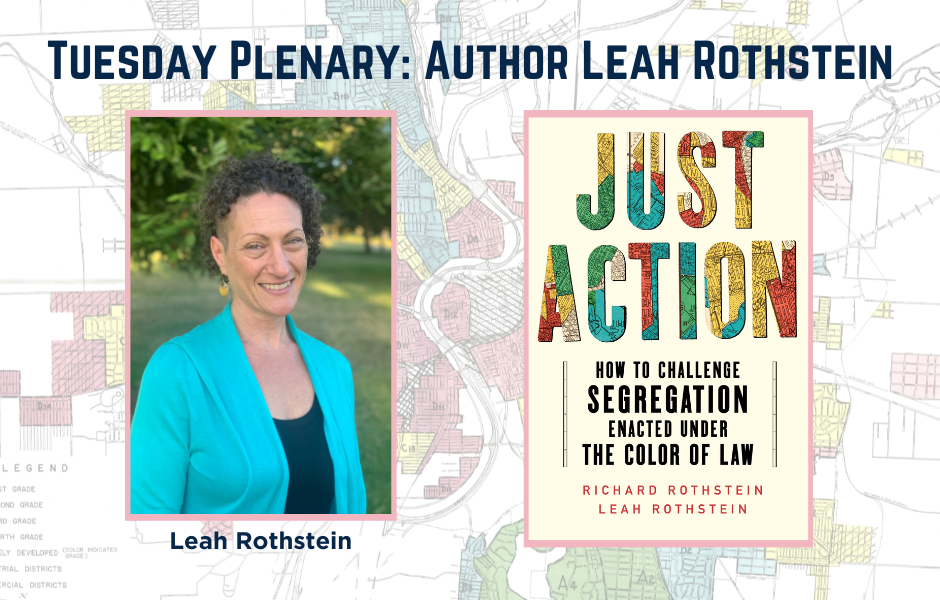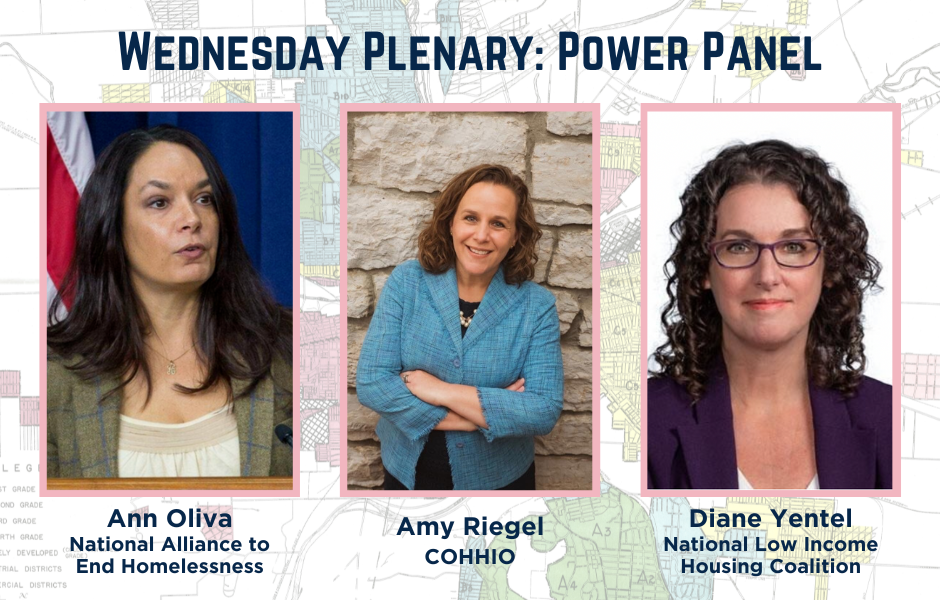
Housing Ohio 2024 Materials
 The conference kicked off Tuesday morning with a plenary presentation from Leah Rothstein, a national housing policy expert and co-author of “Just Action.” Her new book is the follow up to “The Color of Law,” which her father Richard Rothstein wrote to challenge the de facto segregation myth that claims Black and White Americans just live in separate neighborhoods by choice. Leah discussed how people in communities throughout the United States are taking concrete action to challenge historical patterns of housing segregation and strive for a more just and equitable future.
The conference kicked off Tuesday morning with a plenary presentation from Leah Rothstein, a national housing policy expert and co-author of “Just Action.” Her new book is the follow up to “The Color of Law,” which her father Richard Rothstein wrote to challenge the de facto segregation myth that claims Black and White Americans just live in separate neighborhoods by choice. Leah discussed how people in communities throughout the United States are taking concrete action to challenge historical patterns of housing segregation and strive for a more just and equitable future.
 The conference continued on Wednesday morning with a panel discussion featuring three powerhouse advocates: Ann Oliva, president of the National Alliance to End Homelessness, Diane Yentel, CEO/President of the National Low Income Housing Coalition, and COHHIO’s Executive Director Amy Riegel. Ann, Diane and Amy shared insights on how we can work together to push for better housing and homelessness policies in the halls of Congress, the Whitehouse, the Statehouse, and city halls throughout Ohio.
The conference continued on Wednesday morning with a panel discussion featuring three powerhouse advocates: Ann Oliva, president of the National Alliance to End Homelessness, Diane Yentel, CEO/President of the National Low Income Housing Coalition, and COHHIO’s Executive Director Amy Riegel. Ann, Diane and Amy shared insights on how we can work together to push for better housing and homelessness policies in the halls of Congress, the Whitehouse, the Statehouse, and city halls throughout Ohio.
The Housing Ohio conference is made possible with major support from the Ohio Capital Corporation for Housing, the Ohio Department of Development, and Ohio Mental Health and Addiction Services.
| Workshop | Documents |
|---|---|
| Trapped: The Realities of Rural Poverty | Part One; Part Two |
| Aligning Our Priorities for Aging Ohioans: Housing & Homelessness Policy Solutions | Presentation |
| Social Security, Implicit Bias, Homelessness & Legal System Involvement | Presentation |
| Overcoming NIMBY Opposition | Presentation |
| Street Outreach | Presentation |
| Supportive Housing 101 | Presentation |
| Intersection of Harm Reduction & Housing First | Part One; Part Two; Part Three; Part Four |
| SOAR Ohio Panel Discussion | NA |
| Affordable Housing for Homeless Services Providers | Presentation |
| Master Leasing | Presentation |
| Criminalization of Homelessness | NA |
| Beyond Surviving to Thriving: Strategies to Support Youth Experiencing Homelessness | NA |
| Public Policy Advocacy Workshop | NA |
| Denver Basic Income Project | Presentation |
| Anti-LGBTQ+ Legislation and its Effects on Homelessness | Presentation |
| The Role of Youth in Leading the YHDP work | Presentation |
| Fostering Emotional Regulation & Coping Skills in Homeless Children & Youth | NA |
| Direct Services and Trauma Informed Approach: Radical Compassion | Presentation |
| Overcoming the Hurdles: Breaking Down the Homeownership & Wealth Gap | Presentation |
| Learning from the Disability Community: What Can We Do Better? | NA |
| Housing is Built with Ballots: Planning Your Nonpartisan Voter Engagement Campaign | Presentation |
| Closing the Gap: Reentry to Housing | Presentation |
| Community Development Tools for Creating Affordable Housing | Presentation |
| Homelessness 101: Forest Fires & Elephants | Presentation |
| State Agency Directors Panel | Presentation |
| Direct Cash Transfer in Ohio | Presentation |
| Medical Respite/Care Coordination Pilot Project | Presentation |
| Serving Survivors of Domestic Violence Experiencing Homelessness | Presentation |
| Trauma Informed, Anti-Oppressive Practices in the delivery of Youth Services | Presentation |
| The Unconference: Reimaging a Response to Homelessness | NA |


